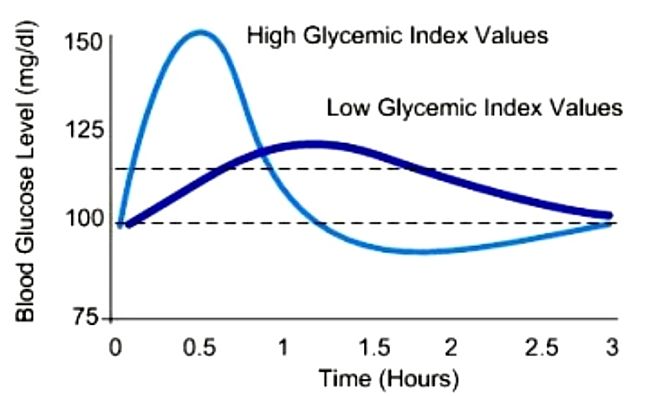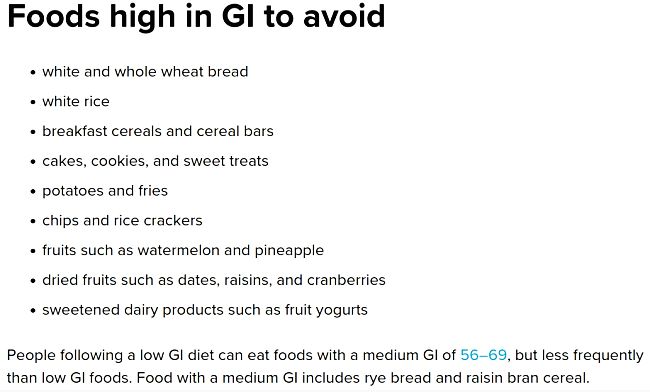Guide to Healthy Pick-Me-Ups and Energy Boosts
Do you reach for a caffeine hit or a sugary snack to beat the post-lunch slump or mood flat points during your day? However, such pick-me-ups are temporary and excess caffeine in the afternoon or early evening can leave you lying awake at 3 am with insomnia. A sugar hit can be addictive and can lead to overeating as the effects fade very quickly leaving you craving for more and more. The good news is that there are proven better ways to boost your energy and mood, that are healthy, non-addictive, relatively cheap and long lasting?
Below are some causes and remedies to try:
Use Short-Term Exercise as a Boost
The key strategy is to exercise to nourish and energise you, not to tire you out. A short burst of movement or exercise for just 5-10 minutes will energise you. Do some stretching, use resistance bands hand weights or even a jog on the spot to get your heart pumping, if you feel up to it. Make this pick-me-up an alternative to the sugar hit and it will be more satisfying and sustaining. Variety is the key to avoiding the scourge of boredom, so have many alternatives on offer to choose from. Set an alarm to remind you to get moving for 5 minutes every hour or every two hours. Or simply use it as a break when you finish a mini-goal or task.
Good Low GI Foods and Complex Unprocessed Carbohydrate Snacks
The reason many people struggle with low energy and feeling flat between meals is because they are not eating low GI carbohydrates or complex high fiber meals. These food choices take longer to digest and release energy slowly in a sustained way between meals.
The GI is a rating providing information about how quickly the body digests carbohydrates. It uses a scoring system of from a minimum of zero to 100. Pure sugar has a score of 100. It is empirically determined by monitoring blood sugar levels after eating test foods. This means that the GI of a food is a simple index that can be used to compare the effects of various foods on blood glucose levels in the hours after a food is consumed. This affects the onset of hunger pangs and the perceived energy levels in the person being tested. As the blood sugar level falls after eating, a person may start to feel hungry. Eating only high GI foods can cause a spike in blood sugar followed by a rapid decline. This may lead to overeating since a person will quickly feel hungry again after eating and may consume sugary snacks to overcome the hunger pangs, mood changes or feeling of low energy.
Carbohydrates in the correct form are good rather than bad. Carbohydrates are the best ready source of basic glucose, which is the body’s preferred energy source.
You want a slow steady stream of energy released from the carbohydrates you eat in meals and snacks. Fiber, protein, healthy fats and other wrappers for carbohydrates in food helps to reduce the rate carbohydrates are released from foods. This stabilises your energy levels, giving lasting energy levels throughout the day.
Eating complex carbohydrates in fruit, brown rice, wholemeal grains and vegetables is better than eating foods to which glucose and sucrose has been added after processing.

It’s important to be aware that foods can have a GI value assigned to them if they contain carbohydrates. Therefore many foods, containing little or no carbohydrates won’t be included on GI lists. Examples of these foods without a GI include: meats, fish, seafood and some dairy products, fats and oils.
Some good snacks with low GI include:
- Breakfast cereals: bran flakes, whole grain cereals (unprocessed), steel cut oats,
- Rice: long grain, brown:
- Bread: multigrain, whole grain, rye, oats, wheat, sourdough
- Nuts: unsalted such as pistachios, walnuts, almonds, cashews, and macadamia nuts
- Fish and seafood: including tuna, sardines, salmon, trout, and prawns
- Most Vegetables: celery, cauliflower, zucchini, carrots, broccoli and more
- Very Few Starchy vegetables: corn, yams, sweet potatoes with an orange flesh, winter squash, whole items with fiber
- Some Fruit: apricots, peaches, plums, pears, kiwi fruit, apples, strawberries, tomatoes, and more
- Raw Unprocessed foods: complex carbohydrates, vegetables, grains, beans, peas
- Legumes: butter beans, lentils, chickpeas, baked beans, kidney beans, and more


Check for Iron Deficiency as a Cause of Low Energy Feelings
Iron deficiency, also referred to as anaemia, can cause symptoms such as lack of energy, frequent tiredness, poor mood and even shortness of breath. It is more prevalent in women and can be caused or exasperated by poor diets. It can be remedied by changes in your diet as well as iron supplements. Dark-green leafy vegetables, beans, seafood, iron-fortified cereals and pulses can be very helpful. See your doctor if you’re feeling fatigued most of the time to check whether this is the cause.
Check for Vitamin D and Vitamin B12 Deficiencies
The early sign of vitamin D Vitamin and B12 deficiency can be regular bouts of fatigue. These deficiencies my require supplements or injections.
Avoid Sugar Highs and Sugar and Fat Hits to Boost Energy
Sugary snacks work initially providing an instantaneous energy boost. You will feel more awake and energised immediately afterwards. However, the benefits are very short-lived, but your energy levels will plummet shortly thereafter and you will be tempted to eat more sugary snacks. So avoid sugar and sugary snacks and processed carbohydrate snacks at all times.
Take a Break Outside in the Open Air
Recent Research published in the Journal of Environmental Psychology, has shown the pronounced benefits of taking a break outside in the open air. This can provide an extra boost in vitality, brighter mood or feelings of extra energy that lasts longer and is more powerful than eating chocolate, drinking coffee or a break indoors. Even a 10 minute walk without your mobile phone, when you fully immerse yourself in the environment, can have a restorative effect that lasts for several hours.
Don’t Overdo your Gym Work or Exercise
People often feel like they are not working hard enough in workouts. However, this can be off-putting and can become a disincentive to exercise. Make sure you enjoy it. Also, brief home-based strength work-outs using hand weights or resistance bands, or simple exercises can be beneficial and does not require a trip to the gym. Also, various studies have emphasised the importance of variety in your exercise plan. Mix it up to keep the interest there and to avoid boredom and familiarity with the same old routine.
Just Five Minutes of Low to Medium Intensity Exercise can be Beneficial
A recent study, published recently in BMJ Neurology and led by King's College London, found that who got out of the chairs and their bodies for just 5 minutes every hour during the day was beneficial. Yoga, chair exercises, a brief walk and even simple stretching was all that was required.